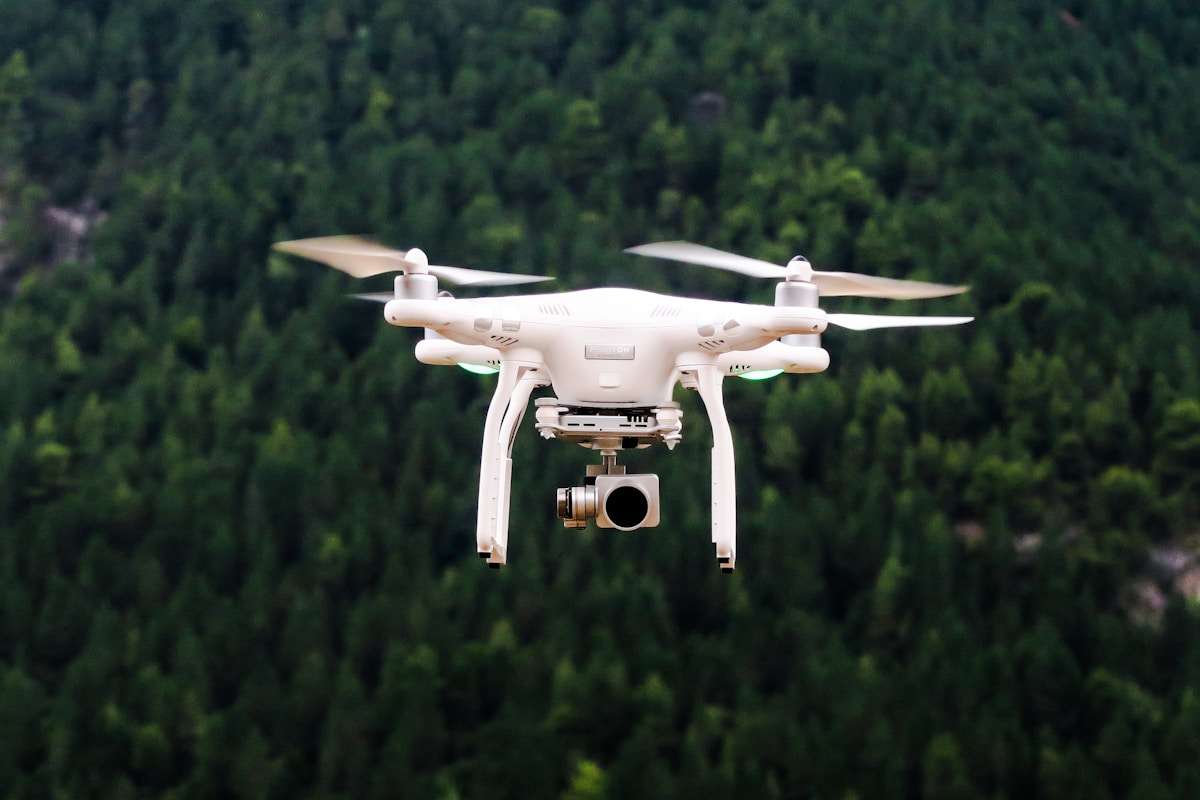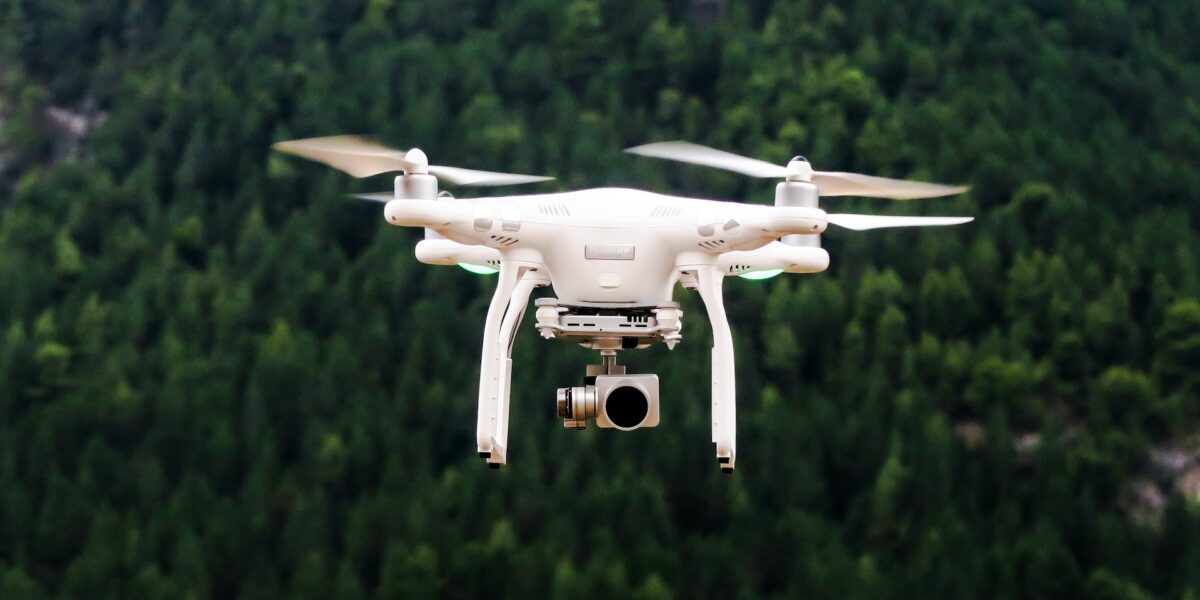All About FlyGuys
Understanding FlyGuys
FlyGuys, often referred to as fly-in fly-out (FIFO) workers, are individuals who travel to remote areas for work. These jobs are typically found in industries such as mining, oil and gas, and construction. Workers live on-site for a specified period before returning home for a break.

The FlyGuys Lifestyle
Working as a FlyGuy can be both rewarding and challenging. The nature of the job requires workers to adapt quickly to new environments. They often live in camps or accommodations provided by the employer. These facilities usually have amenities like gyms, dining halls, and entertainment areas to help workers relax after their shifts.
Shift Patterns and Schedules
Standard shift patterns for FlyGuys are typically rotational. Common schedules include two weeks on and one week off, or three weeks on and two weeks off. These rotations are designed to balance work time with downtime, allowing workers to rest and spend time with family and friends during their off periods.
The Economic Impact of FlyGuys
FlyGuys play a crucial role in the economy, especially in remote and resource-rich areas. Their work supports the extraction and production of natural resources, contributing significantly to local and national economies. Additionally, the demand for goods and services in remote areas helps boost local businesses.
Local Community Engagement
While FlyGuys work away from home, their presence can have positive effects on local communities. Companies often engage in corporate social responsibility (CSR) initiatives, investing in community projects such as schools, hospitals, and infrastructure development. This engagement helps build strong relationships between companies and local residents.
Health and Safety Considerations
The health and safety of FlyGuys is a top priority for employers. Working in remote locations involves inherent risks, such as extreme weather conditions and isolation. Companies implement rigorous safety protocols and provide comprehensive training to ensure workers are well-equipped to handle any situation.
Mental Health Support
Mental health is another critical aspect of FlyGuys’ well-being. The nature of the work, extended periods away from family, and the demanding environment can take a toll on mental health. Employers offer support programs, including counseling services and mental health awareness initiatives, to help workers manage stress and maintain a healthy work-life balance.
Technological Advancements in FIFO Work
Advancements in technology have significantly improved the working conditions for FlyGuys. Innovations in communication technology enable workers to stay connected with their families, reducing feelings of isolation. Additionally, automation and mechanization in the workplace increase efficiency and safety, further enhancing the overall experience for FlyGuys.
The Role of Drones
Drones have become an integral part of remote work operations. They are used for various tasks, such as site inspections, environmental monitoring, and logistical support. Drones can access hard-to-reach areas, providing valuable data and reducing the need for workers to undertake potentially hazardous activities.
Diverse Opportunities for FlyGuys
FlyGuys have access to a wide range of employment opportunities across different industries. Mining and resources sectors are the most common, but there are also opportunities in construction, agriculture, and even hospitality. The skills and experience gained in FIFO work are highly transferable, allowing workers to explore various career paths.
Training and Development
Continuous training and development are essential for FlyGuys to stay competitive in the job market. Employers often provide training programs to enhance workers’ skills and knowledge. This investment in employee development not only benefits the individual workers but also contributes to the overall productivity and efficiency of the company.
Environmental Considerations
Environmental sustainability is a key concern for industries employing FlyGuys. Companies are increasingly aware of their environmental footprint and are implementing measures to minimize their impact. This includes adopting environmentally-friendly practices and technologies, such as renewable energy sources and waste reduction initiatives.
Rehabilitation and Restoration
Rehabilitation and restoration of work sites are critical components of sustainable FIFO operations. Once a project is completed, companies undertake extensive efforts to restore the area to its natural state. This may involve replanting vegetation, managing water resources, and ensuring the site is safe for local wildlife.
Challenges Faced by FlyGuys
Despite the benefits, being a FlyGuy comes with its share of challenges. Long periods away from home can strain personal relationships and impact family life. The physical demands of the job can also be taxing, often requiring workers to be in good physical condition. Adapting to different time zones and climates can further complicate the work experience.
Addressing Loneliness and Isolation
Loneliness and isolation are common issues faced by FlyGuys. Employers acknowledge these challenges and work towards creating a supportive community within the worksite. Initiatives such as social events, recreational activities, and creating opportunities for peer support help mitigate feelings of isolation and improve worker morale.
Economic Benefits for Workers
One of the significant advantages of FIFO work is the potential for higher earnings. FlyGuys often receive competitive salaries and benefits packages, including allowances for remote work. The financial rewards can be substantial, allowing workers to achieve their financial goals and provide for their families.
Investment Opportunities
The financial stability provided by FIFO work opens up various investment opportunities for FlyGuys. Many workers use their earnings to invest in real estate, start their own businesses, or save for education and retirement. This financial planning ensures long-term security and facilitates a smooth transition when they eventually leave the FIFO lifestyle.
Future of FIFO Work
The future of FIFO work is evolving, driven by technological advancements and changing industry trends. Remote work environments are becoming more sophisticated, with improved living conditions, enhanced safety measures, and greater emphasis on worker well-being. These developments promise a better and more sustainable future for FlyGuys.
Embracing Digitalization
Digitalization is set to revolutionize the FIFO industry. Advanced data analytics, real-time monitoring, and predictive maintenance are becoming standard, increasing efficiency and reducing downtime. The integration of artificial intelligence and machine learning further streamlines operations, offering new opportunities for innovation and growth.


